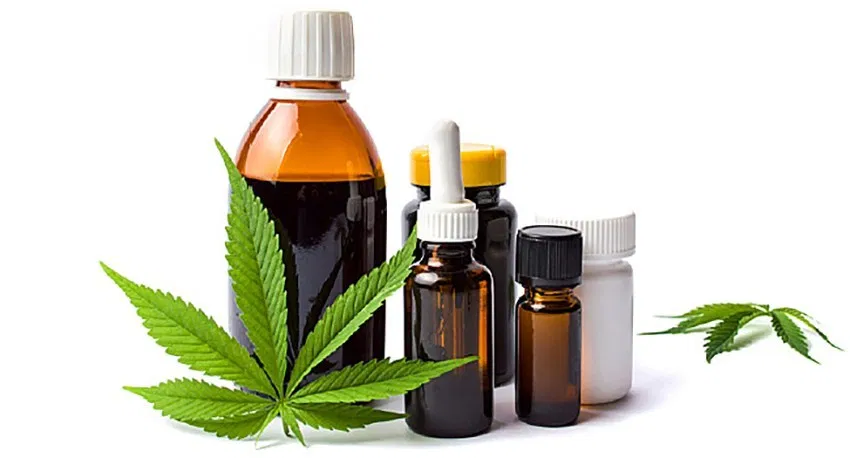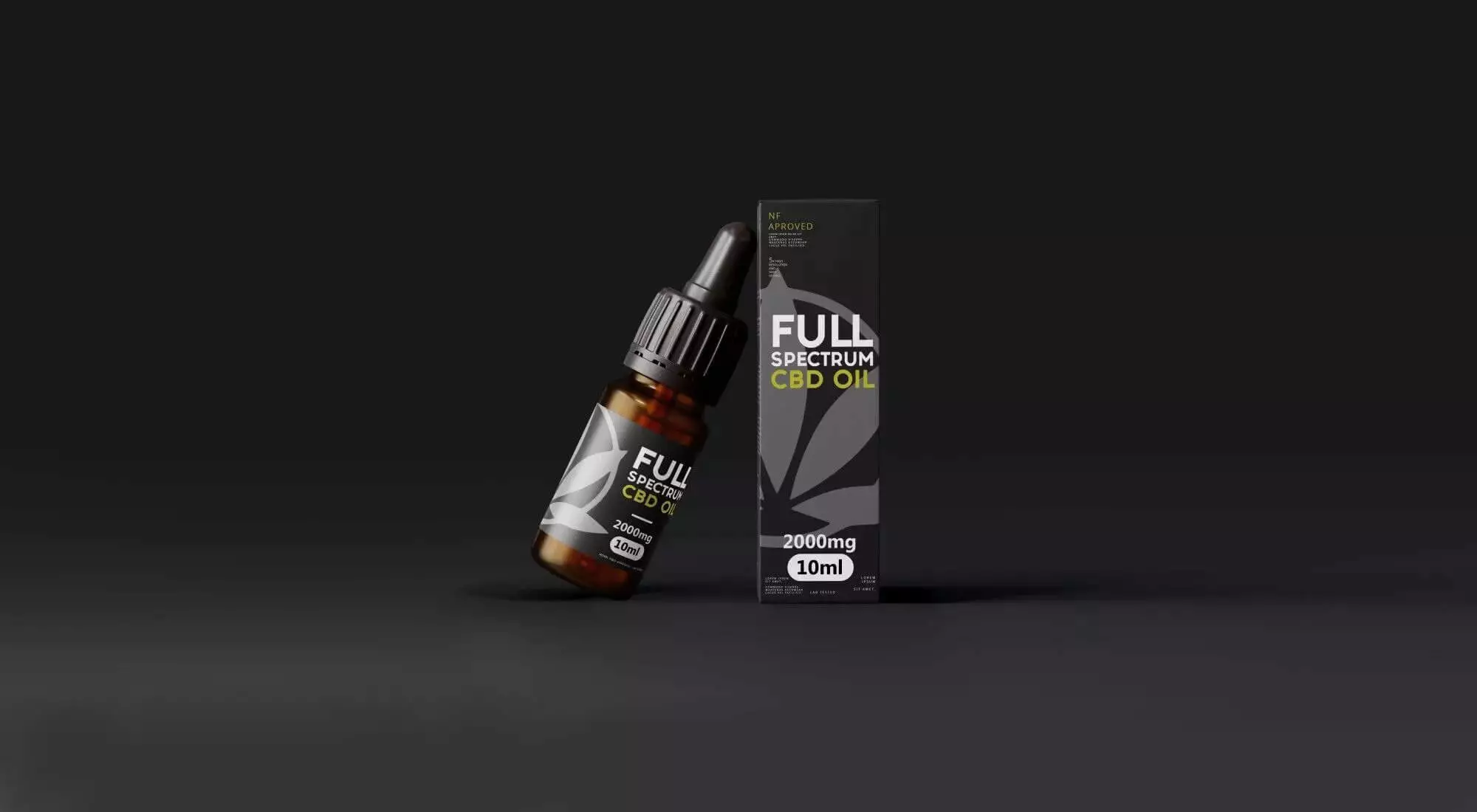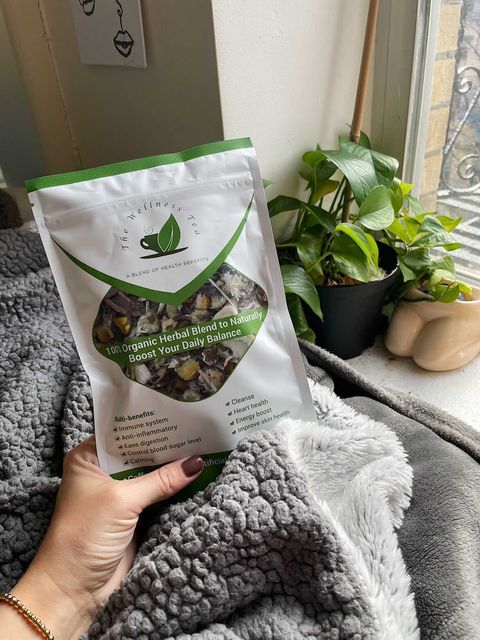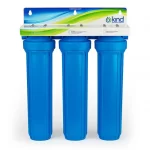In natural remedies, one plant extract has been making waves for its potential to transform lives. It’s called CBD oil, and it’s derived from the cannabis plant. Before you raise an eyebrow, hold your judgment for a moment; this isn’t about getting high.
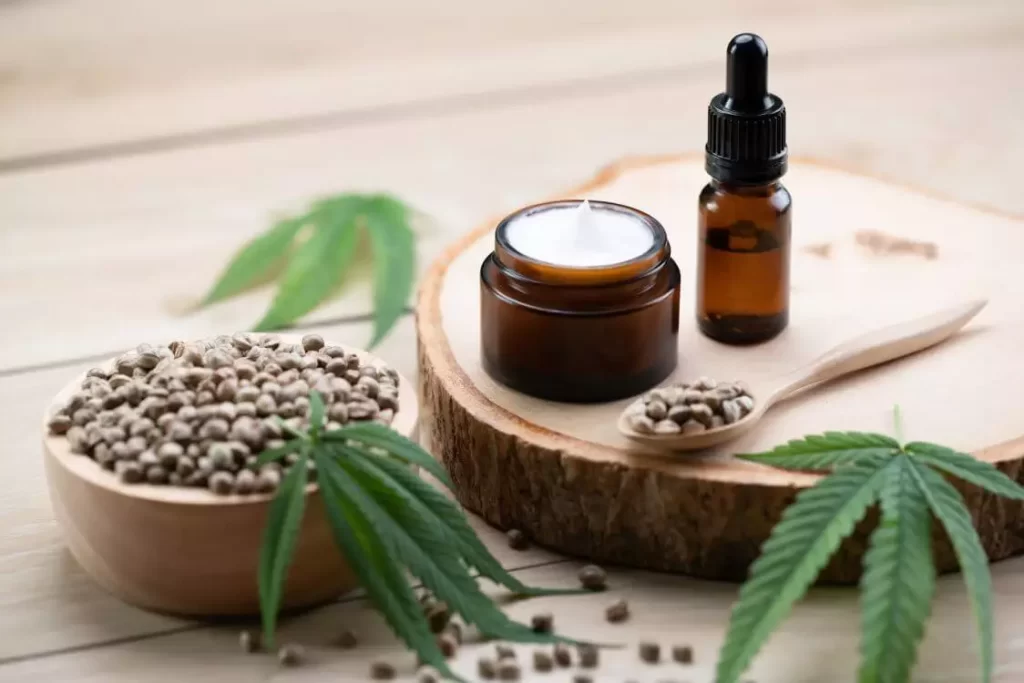
CBD, short for cannabidiol, is a non-psychoactive compound that offers a treasure trove of benefits without the mind-altering effects commonly associated with its cousin, THC (tetrahydrocannabinol). In this blog post, we’re going to explore the world of CBD oil, its incredible benefits, how it’s made, and the need for caution when shopping for quality products.
Content
The CBD Oil Breakdown
CBD is one of the 113 identified cannabinoids found in the cannabis plant, accounting for up to 40% of the plant’s extract. Unlike THC, which induces euphoria and is responsible for the infamous “high,” CBD offers therapeutic advantages that are gaining recognition worldwide.
The Benefits of CBD Oil
- Pain Relief: One of the most celebrated aspects of CBD oil is its ability to alleviate pain. Whether it’s chronic pain or discomfort from an injury, many users report significant relief. How does it work? CBD interacts with your body’s endocannabinoid system, which regulates various functions, including pain perception.
- Relaxation: In today’s fast-paced world, finding relaxation can be challenging. CBD has a calming effect on the mind and body, making it a natural choice for those seeking tranquility. It can help reduce stress and promote a sense of well-being.
- Anxiety Relief: Anxiety disorders affect millions of people worldwide. CBD has shown promise as a treatment for anxiety-related conditions. By modulating the brain’s receptors for serotonin, a neurotransmitter that plays a crucial role in mood regulation, CBD can help ease anxiety and promote a sense of calm.
- Epilepsy Treatment: The only CBD product currently approved by the FDA is Epidiolex, a prescription oil used to treat two types of epilepsy. This landmark approval highlights the potential of CBD in the medical field, particularly for managing seizure disorders.
How CBD Oil is Made
CBD oil is crafted through a meticulous extraction process. The first step involves harvesting the cannabis plant, typically hemp, known for its high CBD content and minimal THC levels. The plant’s flowers and leaves are then subjected to various extraction methods, including CO2 and ethanol, to isolate the precious CBD. This concentrated CBD extract is subsequently diluted with a carrier oil, such as coconut or hemp seed oil, to make the final product ready for consumption.
Forms of CBD
CBD comes in a variety of forms, making it accessible and versatile for users. Here are some common options:
- Oils: CBD oil is the classic form, often taken sublingually (under the tongue) for fast absorption.
- Extracts: These highly concentrated forms of CBD are used to create other products or can be consumed directly.
- Capsules: CBD is encapsulated into pills or soft gels for a convenient and precise dosage.
- Patches: Transdermal CBD patches offer a slow, steady release of the compound throughout the day.
- Vapes: Vaporizing CBD provides rapid relief, although it’s essential to be cautious about the quality of vaping products.
- Topicals: CBD-infused creams, lotions, and balms are designed for topical application and can target specific areas of the body.
Safety and Caution
While CBD is generally considered safe, there is still much we don’t know about its long-term effects and potential interactions with other medications. Furthermore, the CBD market in the United States remains largely unregulated, meaning that the quality and potency of products can vary significantly from one brand to another. To ensure you get a high-quality product, look for companies that provide third-party lab testing results and adhere to stringent standards.

Helen Bradley is a health blogger and the founder of her own blog about fitness. She has been blogging for three years now and loves to share what she learns with others. Helen enjoys reading, cooking, and staying active outdoors.
